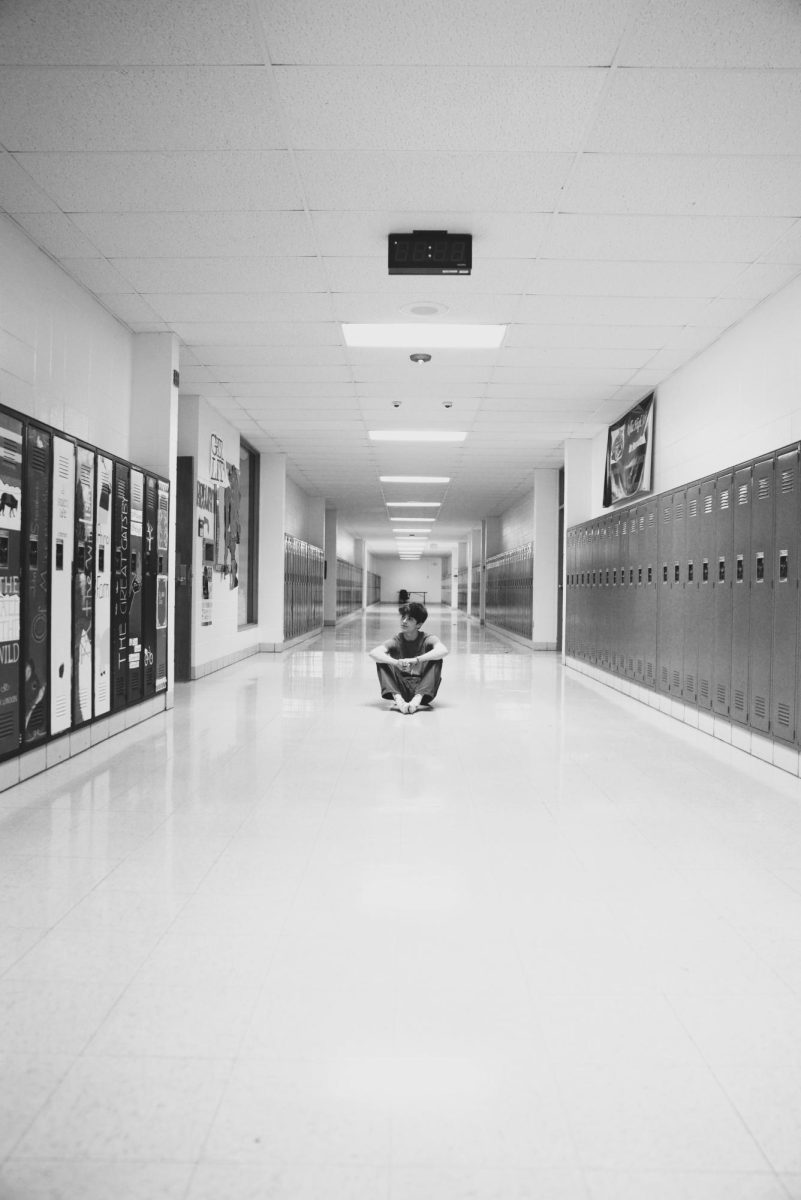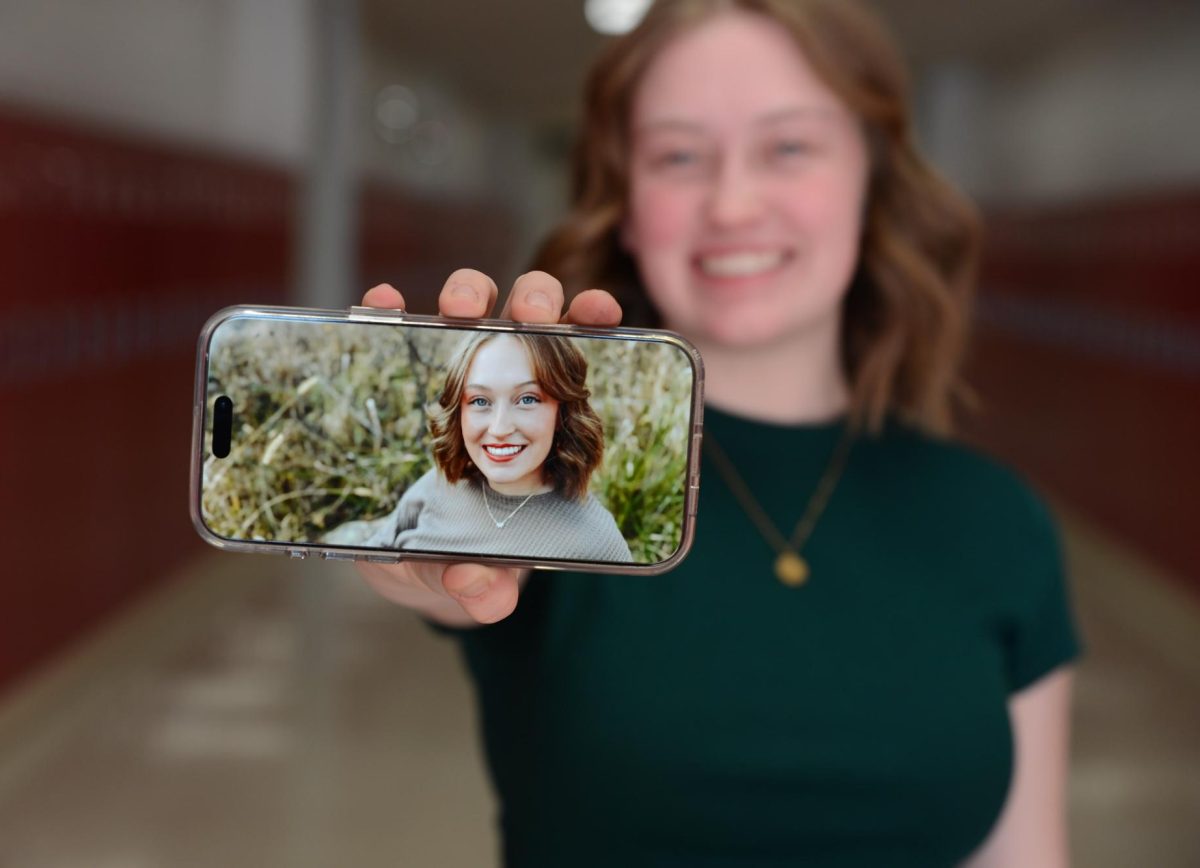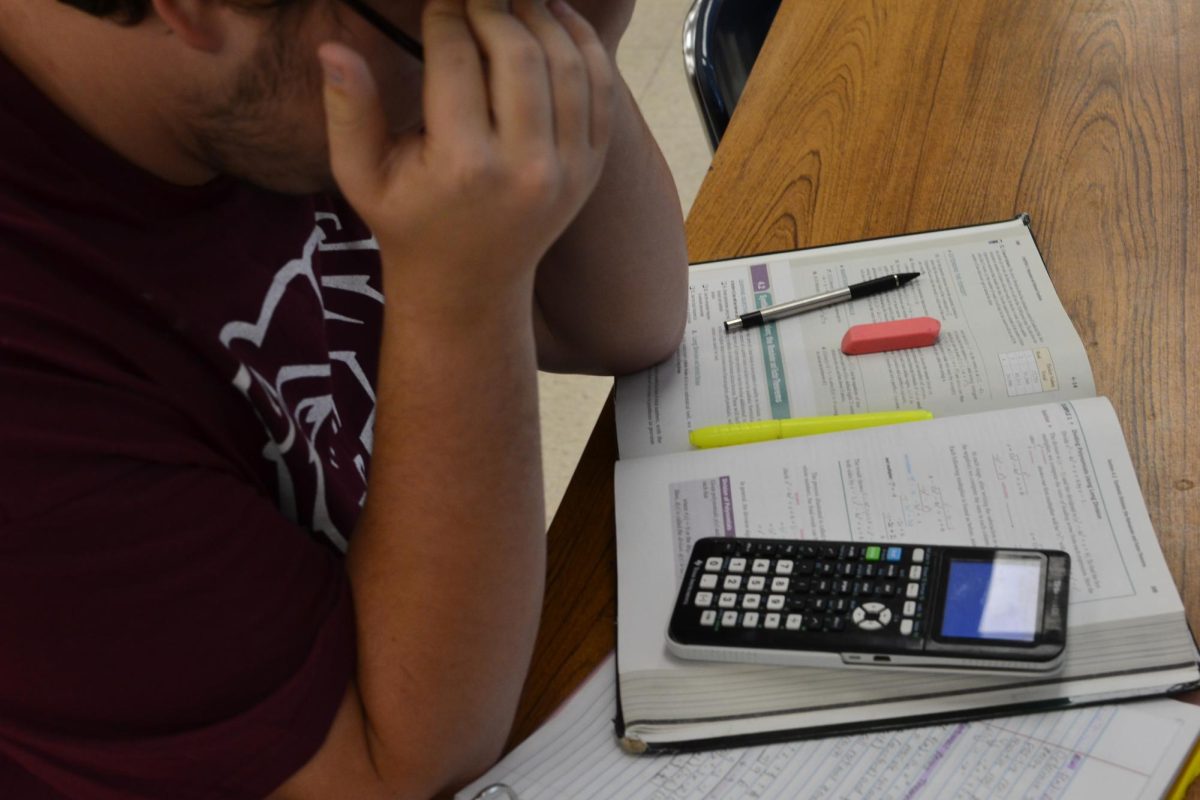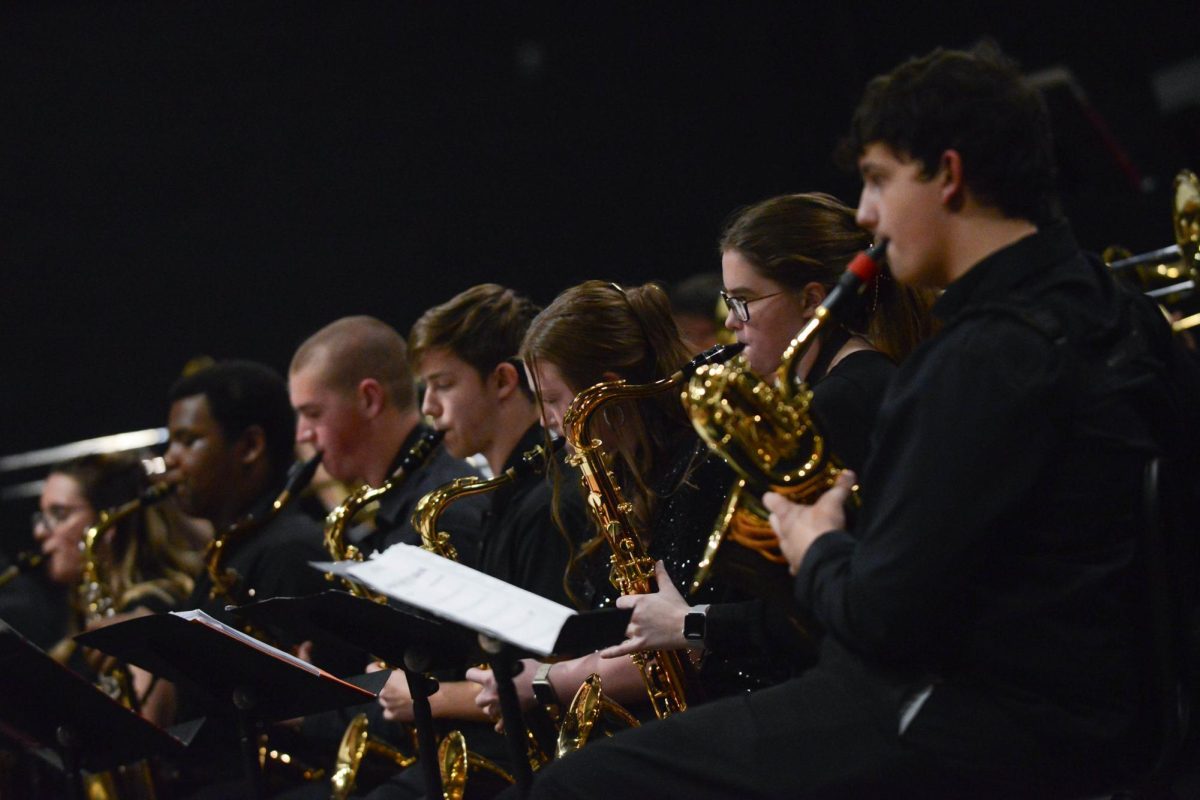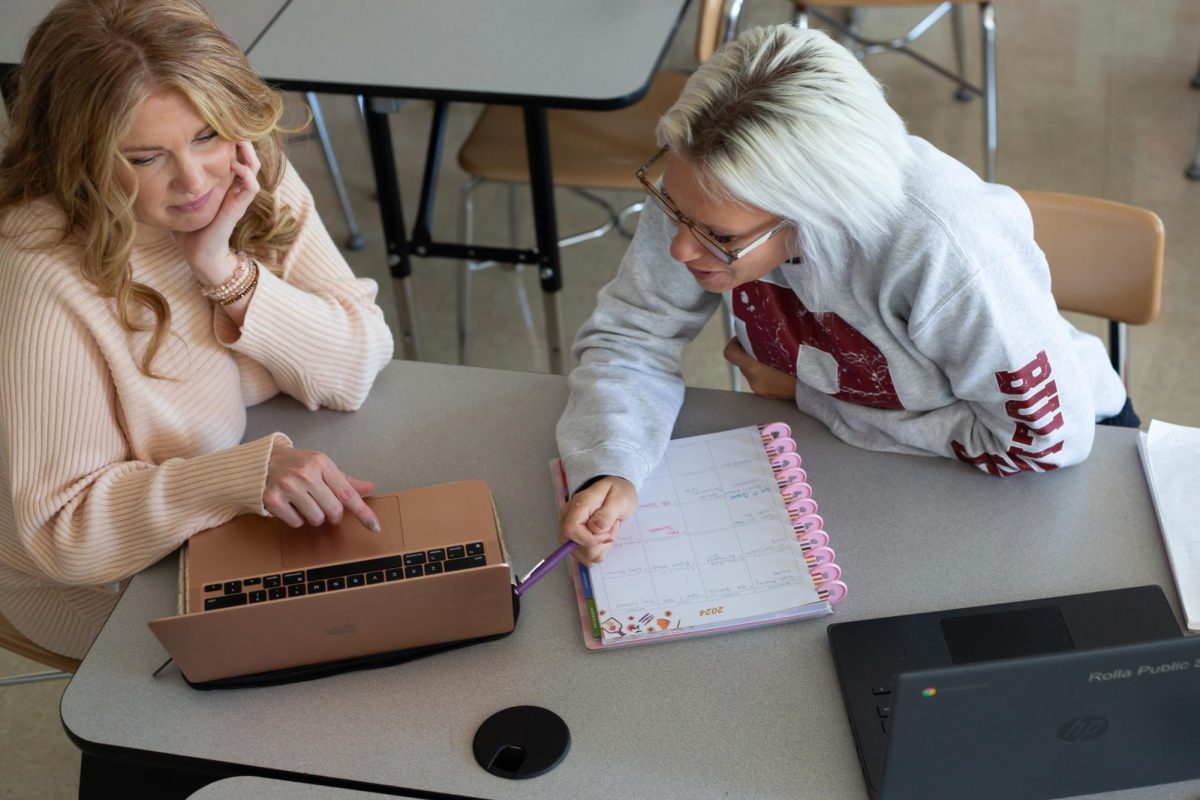From world-altering illnesses to simply being a new student in school, people have felt loneliness rooted from a plethora of situations. Coping with loneliness comes in many forms that can result in positive effects of independence, or in others, damage them mentally and physically.
The current Surgeon General Dr. Vivek H. Murthy researched loneliness and the effects that can affect the human body. According to Dr. Murthy, loneliness is associated with a greater risk of cardiovascular disease, dementia, stroke, depression, anxiety, and premature death. Loneliness can range in a variety of ways in severity of damages done and the feeling itself. It differs for everyone and how they manage to get through it.
Junior Savannah Mallery has been a new student to Rolla Public Schools and is one of the many students who were affected by isolation caused by COVID-19. This worldwide pandemic was a big factor in creating social challenges, creating an environment for many to feel alone.
“During COVID, everything changed because you weren’t seeing people in person and everybody got used to just reaching out over text or over phone. That’s mostly what happens now,” said Mallery, emphasizing that these communication habits carried over for many.
People reached out to social media and other online platforms to keep in touch. Claire Kilgore, an RHS sophomore, also experienced the quarantine effects. When quarantine let up, Kilgore struggled to reconcile the changes within herself and the world around her.
“I did struggle to make friends after COVID because I was reimmersed in a new environment and realized life had changed a lot. The majority of my friends now are people I met after COVID,” explained Kilgore.
While COVID-19 was a struggle, it’s not the only source of loneliness. Dealing with loneliness can lead to several different outcomes with some of them damaging physical and mental health.
According to the U.S. News & World Report, “Younger people are more likely to experience loneliness, which is defined as a lack of meaningful or close relationships or sense of belonging.”
Having meaningful relationships creates a space where loneliness cannot loom. In the U.S. News & World Report findings, 65% of those surveyed felt they most belong around family and 53% found belonging around friends.
“I go through periods of time [when I’m lonely], but it’s never like a true loneliness because I know I always have someone there. Like, I have my sister and even though she’s stayed away, I always have her so it’s never like, really alone in the world,” said Mallery.
Even the Centers for Disease Control and Prevention (CDC) confirms that genuine connection is the key to “treating” loneliness and preventing its harmful health effects. While the CDC’s recommendation to “get to know your neighbors” might be outdated for teenagers, seeking community is worth the effort.
“I wouldn’t necessarily say [I was] lonely, just more out of place as I was growing up. I kind of had a hard time fitting into different groups. It took me a while to find a friend group that really encompassed who I wanted to be around and who I think I am,” explained Kilgore.
Finding ways to cope with loneliness can come in variety to all. Whether it’s making new friends or finding new activities to be a part of, the main goal is to feel included.
“I just picked up my own hobbies then I learned to grow as my own person and separate myself from people who didn’t necessarily mesh with me very well. When I found those things that I enjoyed doing, it turned out that a lot of people that I’m really compatible with were also in those activities with me,” said Kilgore.
Categories:
Curbing loneliness, community is worth the effort
Tyler Jones, Staff Reporter
April 5, 2024
More to Discover
About the Contributor

Tyler Jones, Staff Reporter
Hi! I’m Tyler and I’m a senior in my first and last year in ECHO. I also participate in the Rolla High Schools band as a Drum Major. If I’m not doing something band or school related I am probably listening to Taylor Swift with Michelle.



